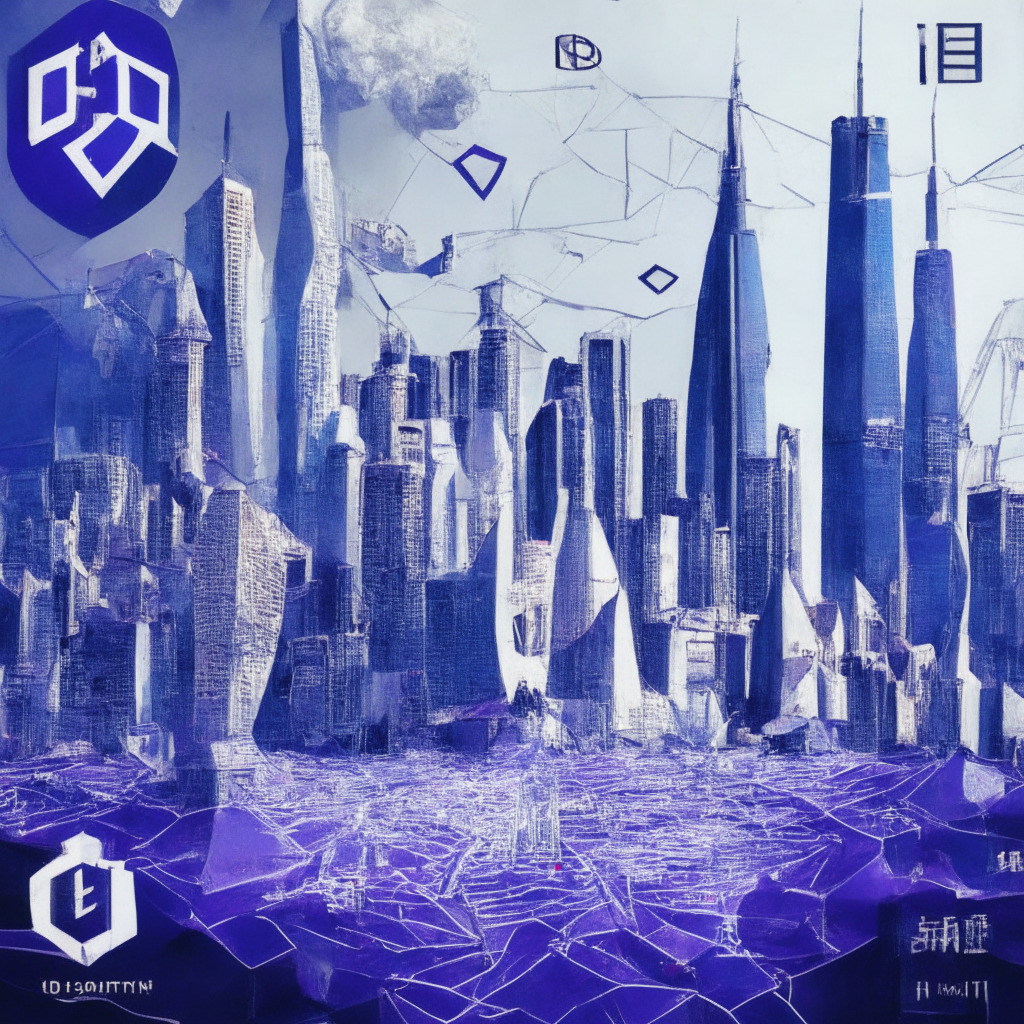Crypto has garnered a somewhat negative reputation, often due to misconceptions and misunderstandings regarding the technology, by both its critics and enthusiasts. One such common misconception is that blockchains are “immutable,” which seems to dissuade many. But, are blockchains ultimately immutable? The answer is no.
In reality, blockchains are similar to the natural world; the only aspect that remains unchanged is the past. Although a transaction executed yesterday cannot be rewritten or altered, the state of balances, and even the code of smart contracts, can be updated. This means that blockchains are not about immutability but rather, accountability.
The true value of blockchain lies in its capacity to ensure that any executed or altered element has been previously specified. While this does not guarantee that the code will be bug-free and yield only intended behaviors, it does introduce a level of accountability with the code being publicly visible to anyone.
This accountability feature makes blockchains particularly useful for applications that require trust and security against arbitrary changes. Examples include money management systems and infrastructures that support human collaboration. Accountability also allows groups of users to establish the rules dictating changes in a contract, attributing different levels of control to different users.
However, it’s crucial to remember that the immutability of blockchains relies on human coordination. A blockchain is essentially a vast network of nodes collectively agreeing on a ledger’s state; each node determines which version of the protocol it adheres to. The moment a majority of nodes opt for change, the entire blockchain will change.
As a result, the immutability aspect of blockchain should not be attributed to the technology itself but rather, the human actors governing these blockchains. The power of coordination among these actors allows applications to consistently perform specific actions in predetermined ways. This newfound understanding of blockchain immutability might just shine a new light on the technology, changing the narrative from being purely immutable to also being a platform for accountability and trust.
Source: Blockworks




